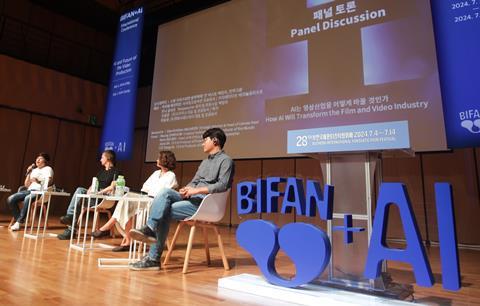
Artificial intelligence (AI) will quickly become a powerful “creative partner” for screenwriters and filmmakers, according to AI experts at Bucheon International Fantastic Film Festival (Bifan) in South Korea.
A three-day conference dedicated to the emergence of AI in the film industry featured discussions that tackled challenges around copyright and privacy but also highlighted the opportunities presented by the fast-growing technology.
“It is a tool that will take over all the work you hate,” said Maciej Zèmojcin, CEO of Polish virtual production company PixelRace, of technology being developed to aid writers. “It will be like a co-pilot on steroids, automating elements that the screenwriter really hates.”
He used the example of medical or legal dramas, using data to provide accuracy and authenticity to scripts without the writers having to develop an in-depth knowledge of these complex fields.
However, caution was also expressed by Lee Dong-ha, the CEO of Korea’s RedPeter Films and producer of hit features Train To Busan and Peninsula.
“We live in an era where we protect writers, but how are we going to manage copyright in the AI era?,” said Lee, who attended the conference as a representative of the Producers Guild of Korea (PGK). “How can we distinguish what has come from a writer and what is AI? This is a challenge.”
Despite the issues posed by AI, Lee said of the emerging technology: “Something huge is coming, as big as the beginning of television… We see the potential.”
Moving from script to screen, June Oh, CEO of Korean webtoon producer Dreamers, said: “Filmmaking is about visualisation and AI can visualise very quickly, reducing costs and reaching an audience a lot faster.”
Lee revealed that Seoul-based Dreamers is developing an AI tool to aid webtoon writers. “What if you could upload your screenplay and a webtoon would pop out to visualise your writing,” he said. Emphasising the importance of original creators, Lee added: “AI helps create things. It doesn’t create by itself. It will become your creative partner.”
This was underlined by Anna Bulakh, head of AI ethics and partnerships at Respeecher, a Ukrainian software firm that creates synthetic speech using AI. “Tech cannot do everything, we still need an actors performance,” she said.
“Trust, control and creativity are the important words when dealing with AI. It is crucial to create an environment where AI can be controlled to protect portrait rights and intellectual property rights while still producing creative content.”
All four speakers were on a panel titled ‘How AI Will Transform the Film and Video Industry’ at the Bifan+ AI International Conference, which ran from July 5-7.

The winners of Bifan’s first competition dedicated to AI filmmaking were also revealed at the end of the conference.
The best AI film prize, worth $7,200 (KRW10m), went to Where Do Grandmas Go When They Get Lost? by France’s Léo Cannone. The two-minute film explores the question of where the grandmothers who have “disappeared” from our lives might have gone through the eyes of a child in a surreal and poignant way.
Snowfall, by South Korea’s Bae Junwon, received both the best technical achievement award and audience award along with prize money of $3,600 (KRW5m). Special mentions were given to Latex Kid from Spain’s Fran Gas and One More Pumpkin by South Korea’s Hansl Von Kwon, which previously won the grand prize and audience award at the inaugural AI Film Festival in Dubai in February.


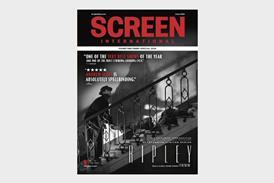







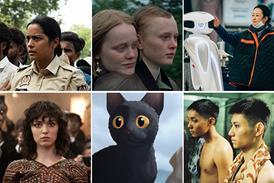


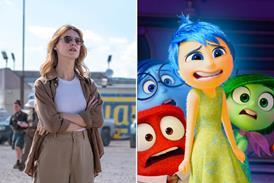
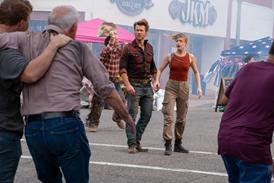
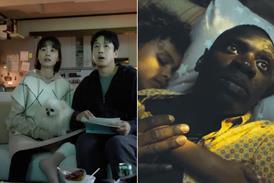








No comments yet